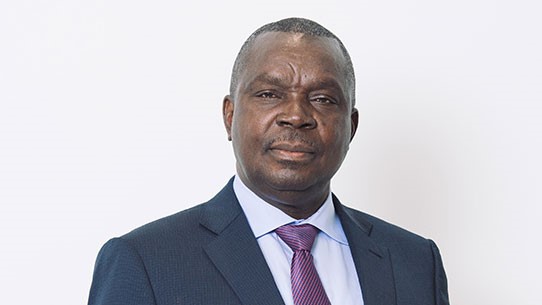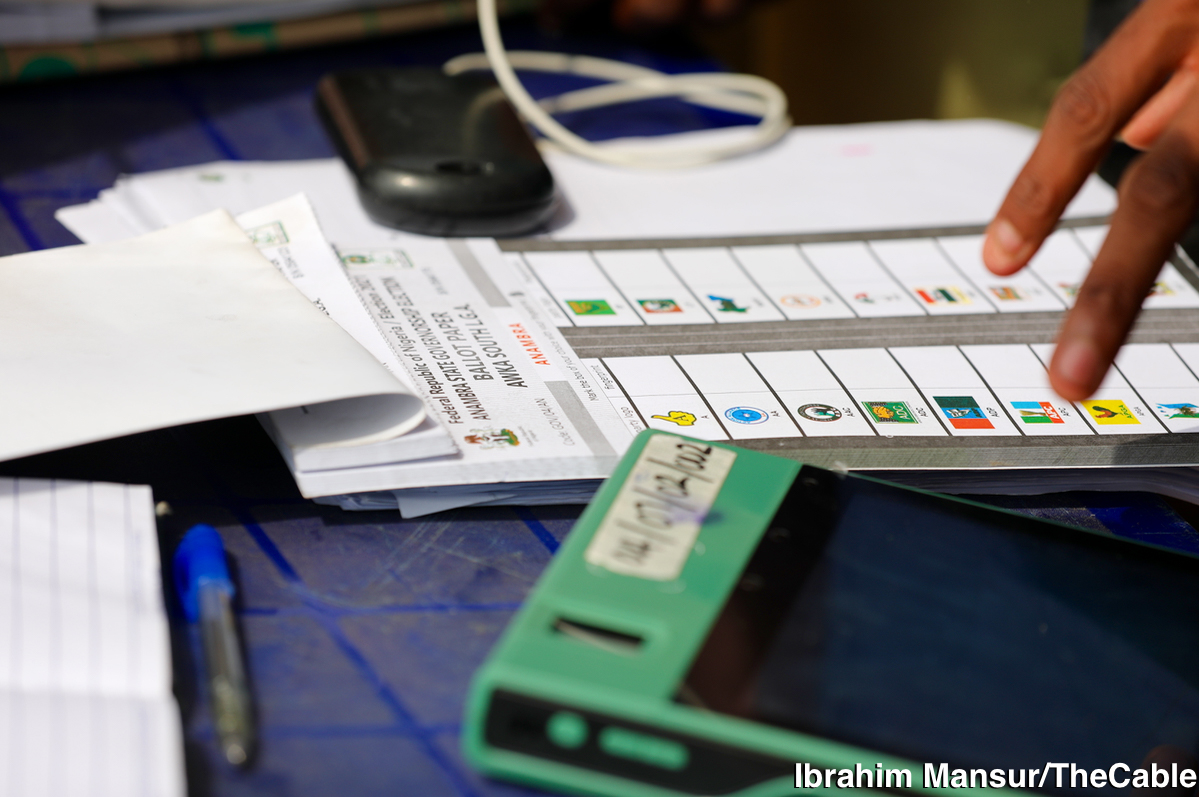Austin Avuru, former chief executive officer of Seplat Energy Plc, says 80 percent of oil production in some pipelines lost to oil theft.
This is coming amid an assertion by Tony Elumelu, chairman of the United Bank for Africa (UBA) Plc that Nigeria is “losing over 95 percent of oil production to thieves”.
Avuru, in a report, titled “Reining in the Collapse of the Nigerian Oil Industry” published by the Africa Oil+Gas Report, called for a state of emergency in the Nigerian oil and gas sector.
He urged regulators and the Nigerian National Petroleum Company (NNPC) to set up a “war room” strategy to develop a plan to return the oil sector to “full bloom”.
Advertisement
“With eyes fixed on divestments and exit, the IOCs have not made any meaningful investments in the last fifteen years,” he said.
“The result has not just been declining production. Much worse, the entire export pipeline network has been surrendered to vandals and illegal bunkers. Thus, the phrase “Crude theft” which crept into the industry about 2010 has taken on a new meaning.
“There are some pipeline systems now (particularly in the East), where 80% (eighty percent) of production injected therein does not make it to the terminal!”
Advertisement
According to him, almost every producer is now cooking up “alternative evacuation” schemes that cost four to five times what pipeline export would normally cost!
“The stark reality today is that the IOCs are leaving. Their decision to leave is outside our control as a nation. In fact, over the last twelve years, Shell and Chevron have divested from a total of twenty-one blocks. It is now public knowledge that Shell and ExxonMobil are now exiting the onshore/shallow water altogether,” he said.
“In fact, my projection is that, by Christmas day of 2025, TOTAL would be the only IOC in J.V with NNPC.
“The situation is the same with domestic gas delivery. Even though we are weaving all the right slogans about the future of gas in Nigeria, in the past five years, I can only point at a couple of Nigerian independents who are investing in gas development and processing for the domestic market.
Advertisement
“The state of the NNPC Towers in Abuja, headquarters of the Nigerian oil industry: Just standing back and intervening by pre-emptive acquisitions cannot be a sustainable solution to the question of retreating IOCs Nigerian Petroleum Industry is a National Emergency. Oil production is down to about 1.4 Million barrels per day and declining and this includes about 600,000BOPD from the deepwater.
“Domestic gas production has stagnated at about 1.2Billion cubic feet (Bcf) per day over the past five years at a time when projected production should have been 3.5Bcf per day. The collateral impact of course, is the low level of power generation which itself has stagnated at about 4,000Mega watts per day since 2015.”
Avuru added that the full impact of the current oil production level can only be imagined when oil prices return to the $60 per barrel level.
“I dare repeat that the situation has to be treated as a national emergency,” he said.
Advertisement
“Between the upstream regulator (the commission) and NNPC, they need to set up a “war room”, some form of an effective task force to develop a blueprint for returning the industry to full bloom. The responses we hear today to the myriad of problems outlined above have been ad-hoc, knee jerk and in some cases only self-serving.”
Avuru outlined some issues that must be addressed in the oil and gas sector.
Advertisement
“When IOCs leave a matured petroleum patch, independents, whether local or international, usually move in to inject fresh capital, run a nimble efficient operation and maximize production and reserves addition,” he added.
“A well-organised transition driven by a clear policy direction, from the retreating IOCs to a crop of efficient independents with the requisite resources will have to be implemented.
Advertisement
“Just standing back and intervening by pre-emptive acquisitions cannot be a sustainable solution proffered by NNPC.
“There has to be a deliberate policy-driven return to the traditional onshore/shallow water terrains. Eighty percent of our remaining reserves are still in this belt.
Advertisement
“To do this, we have to address the twin problems of reliable pipeline evacuation and community restiveness. These problems have become heightened, not because there is no solution, but because we have abandoned every attention to them in the last fifteen years.
“When these two problems are tackled, plus a strict application of the “drill or drop” provisions of the new PIA, huge investments in drilling and facilities revamp will flow again into this terrain.
“Finally, we have to match our gas slogans with effective, measurable, policy actions to drive investments in domestic gas supply. The current flip-flops on pricing and commercial structure of the gas business cannot stimulate investments in the sector.
“This industry will not wake up by God’s miracle. We have to wake up and design the stimulant that will revitalise it.”
The Nigerian Upstream Petroleum Regulatory Commission (NUPRC) had said the country loses more than 115,000 barrels per day to oil theft and vandalism.
TheCable had reported that oil producers in Nigeria lamented oil thieves are raking in ‘petrodollars’ while Nigeria is bedevilled by low production.
In February, Nigeria’s oil production had dropped to an average of 1.25 million barrels per day (bpd) from 1.39 million the previous month.
Editor’s note: This story has been updated to reflect that the Austin Avuru was referring to some pipeline system and not Nigeria’s total oil output.
Add a comment






